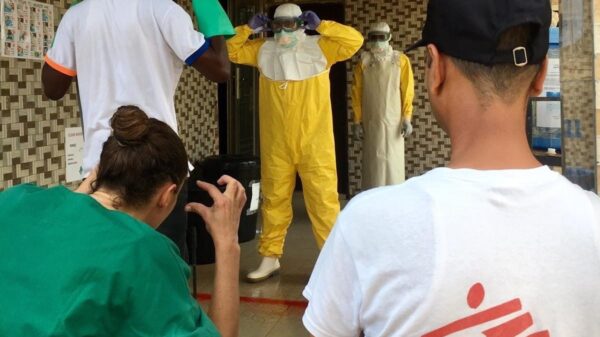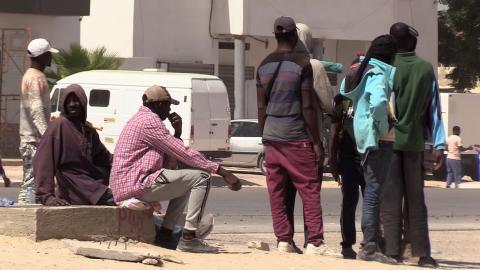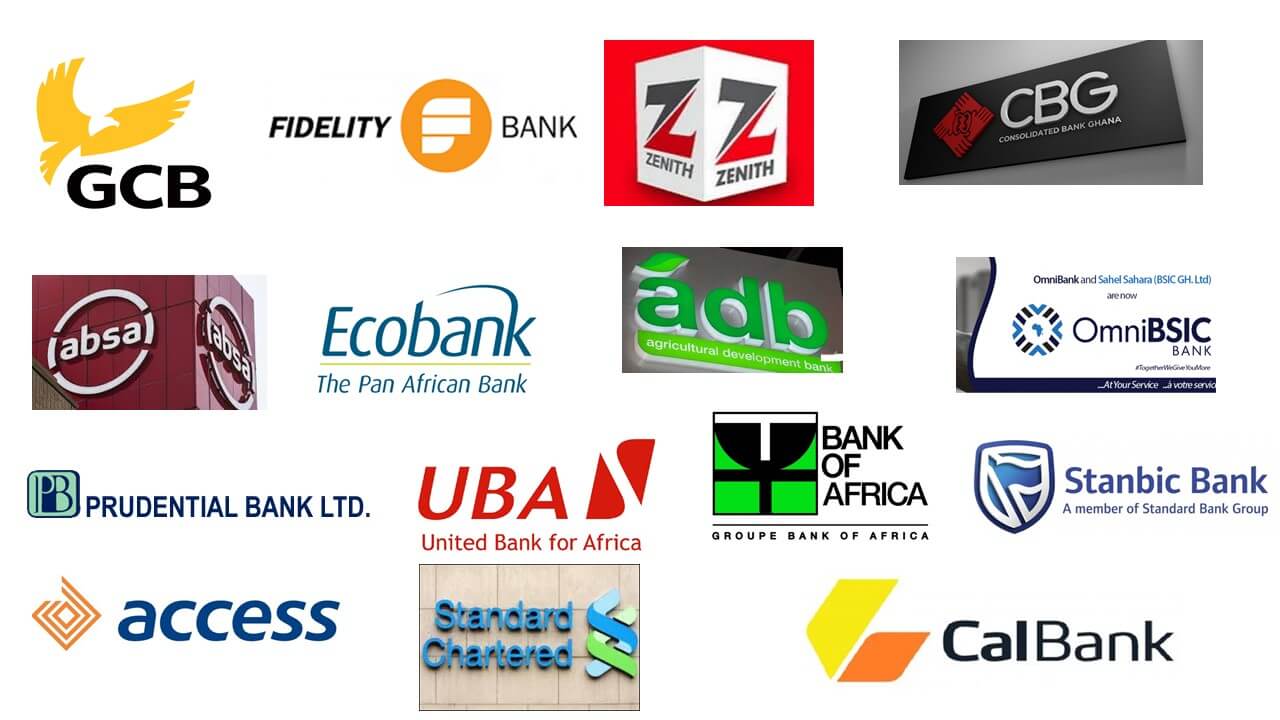Adnan Adams Mohammed
Ghanaian banks suffering from fall in capital levels due to the domestic debt exchange program (DDEP) may resort to target lending, Fitch Solutions has said,
The investor firm predicts that, industries with low non-performing loans (NPLs) ratios and positive outlook, especially the mining sector may receive lending from thebanks.
While the mining sector has a low NPL ratio of 4.0%, with a positive outlook forecast for gold mining in Ghana which accounts for 95% of the country’s mineral revenue; the construction sector, which has about 35% NPL ratio ( thus, one-third of all loans are non-performing) as estimated by Fitch, is expected to receive less lending from local banks.
“Local banks will be more inclined to lend to industries with low non-performing loans (NPLs) ratios and positive outlook, especially since we expect to see a rise in NPLs in the coming quarters, given the challenging macroeconomic backdrop and slowdown in loan growth”, Fitch Solutions said in its latest report.
“We think that the Mining & Quarrying sector stands out as it has a low NPL ratio of 4.0%, and as we forecast a positive outlook for gold mining in Ghana (which accounts for 95% of the country’s mineral revenue)”, it explained.
On the other hand, it said nearly one-third of all construction loans are non-performing, which suggests that banks are unlikely to increase their exposure to this sector amid challenging economic conditions.
According to Fitch Solutions, the domestic debt restructuring programme has led to a significant fall in the capital levels of banks in Ghana and could threaten the solvency and stability of the sector.
It said: “Banks are entering this phase with a mixed capital picture, with some banks very close to the minimum regulatory capital level of 13.0%”.
Fitch Solutions also pointed out that capital buffers have fallen considerably in 2022, despite a sudden rise in December.
The fall, it noted, was largely driven by mark-to-market losses on investments and increases in risk-weighted assets of banks, due to the depreciation of the cedi and growth in loans and advances.
However, capital levels narrowly avoided falling below the minimum requirement in December 2023, likely as a result of banks retaining more of their earnings, in preparation for expected losses in profits and capital in 2023.
“The debt restructuring and fall in capital could lead to higher funding costs for banks if they become less creditworthy, and could significantly impact the banking sector’s solvency and stability”, Fitch Solutions warned.
The warning by Fitch Solutions dovetails into similar sentiments expressed by the Bank of Ghana recently.
Admittedly, Bank of Ghana at its Monetary Policy Committee meeting press briefing, last week, indicated that macroeconomic challenges and the recent domestic debt exchange programme (DDEP) have weakened banks’ capital buffers.
The situation, according to the Governor of the central bank, Dr Ernest Addison, requires urgent measures to forestall financial stability risks.
“The macro-prudential risk assessments conducted during the last MPC meeting indicated increased pressure on profitability and solvency of banks prior to the implementation of the DDEP”.
“The preliminary data available at this MPC, show that the pre-pandemic capital buffers in the banking sector have been weakened somewhat by the recent macroeconomic challenges and the DDEP, although banks remain liquid”, he explained.
Consequently, the governor noted that, “These require contingency measures by banks, supported by the regulatory reliefs to contain potential risks to financial stability.
“The Bank of Ghana will continue to monitor these developments going forward, and stands ready to act very swiftly to safeguard the stability of the financial sector”.




























